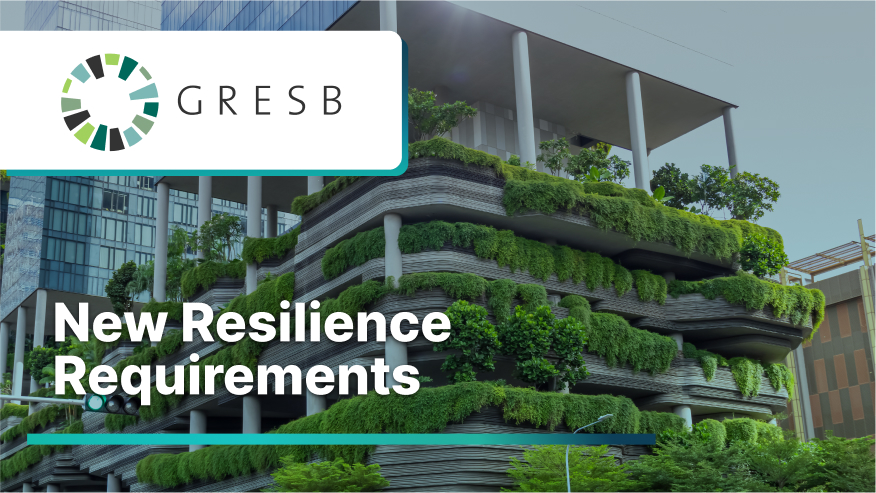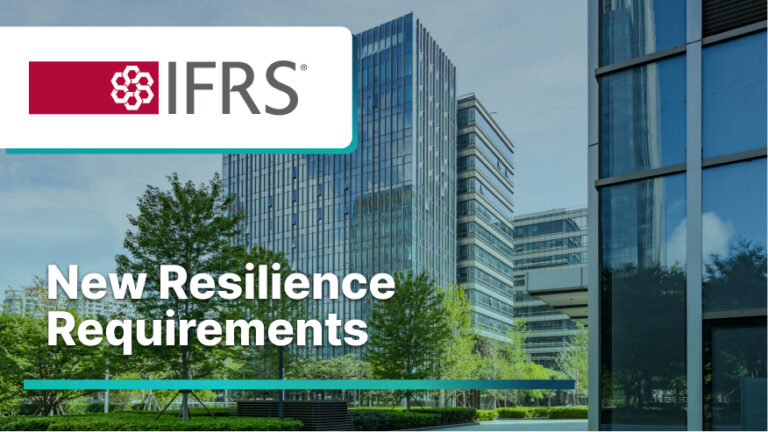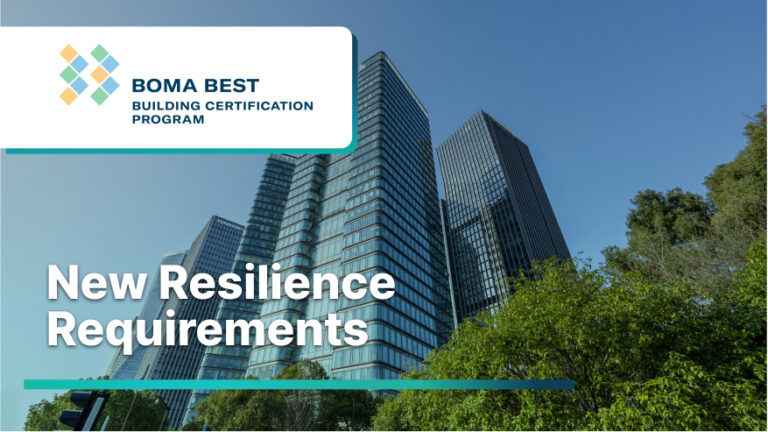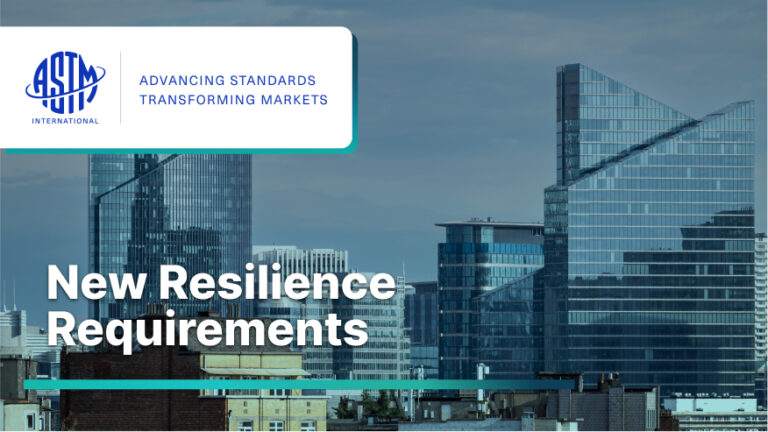The GRESB Real Estate Assessment is one of the most recognized ESG benchmarking standards in commercial real estate. As sustainability and climate resilience take center stage in property management, GRESB has raised the bar by introducing new indicators focused specifically on climate risk and resiliency.
Automating the assessment and documentation needed for resilience can both simplify compliance and enhance building performance.
GRESB Climate Risk Indicators
The new real estate standard indicators introduced in 2025 include three key climate risk and resilience sections:
- Risk Management
- RM4 ESG due diligence for new acquisitions
- RM5 Resilience of strategy to climate-related risks
- RM6.3 Physical risk identification
- RM6.4 Physical risk impact assessment
- Risk Assessment
- RA1 Risk assessments performed on standing investments portfolio
- ESG Requirements
- DRE1 ESG strategy during development
Three Core Resilience Questions
GRESB climate risk and resilience requirements, like other standards, centers around three fundamental questions:
- What are the climate risks at this location?
- What is the financial impact on my building?
- What should be done to address this risk?
With these answers you gain a deeper understanding of your portfolio’s climate risks, emerging costs and what needs to be done to increase resilience. You also are well positioned to maximize your GRESB score and meet other industry resilience standards.
How ClimateFirst Automates Compliance
ClimateFirst provides comprehensive answers to these questions which also satisfy GRESB climate risk and resilience requirements.
ClimateFirst Risk Exposure Screens, Climate Value at Risk (CVaR) Assessments, and Resiliency Planning reports, seamlessly address specific indicators within GRESB’s Risk Management, Risk Assessment, and ESG Requirements.
Beyond Compliance: Strategic Benefits
Looking ahead to 2026, the scoring weights for many GRESB standards related to climate risk are expected to increase. By proactively adopting tools to automate data collection and analysis you will position your portfolio for a stronger performance in both assessments like GRESB and real-world climate scenarios.




